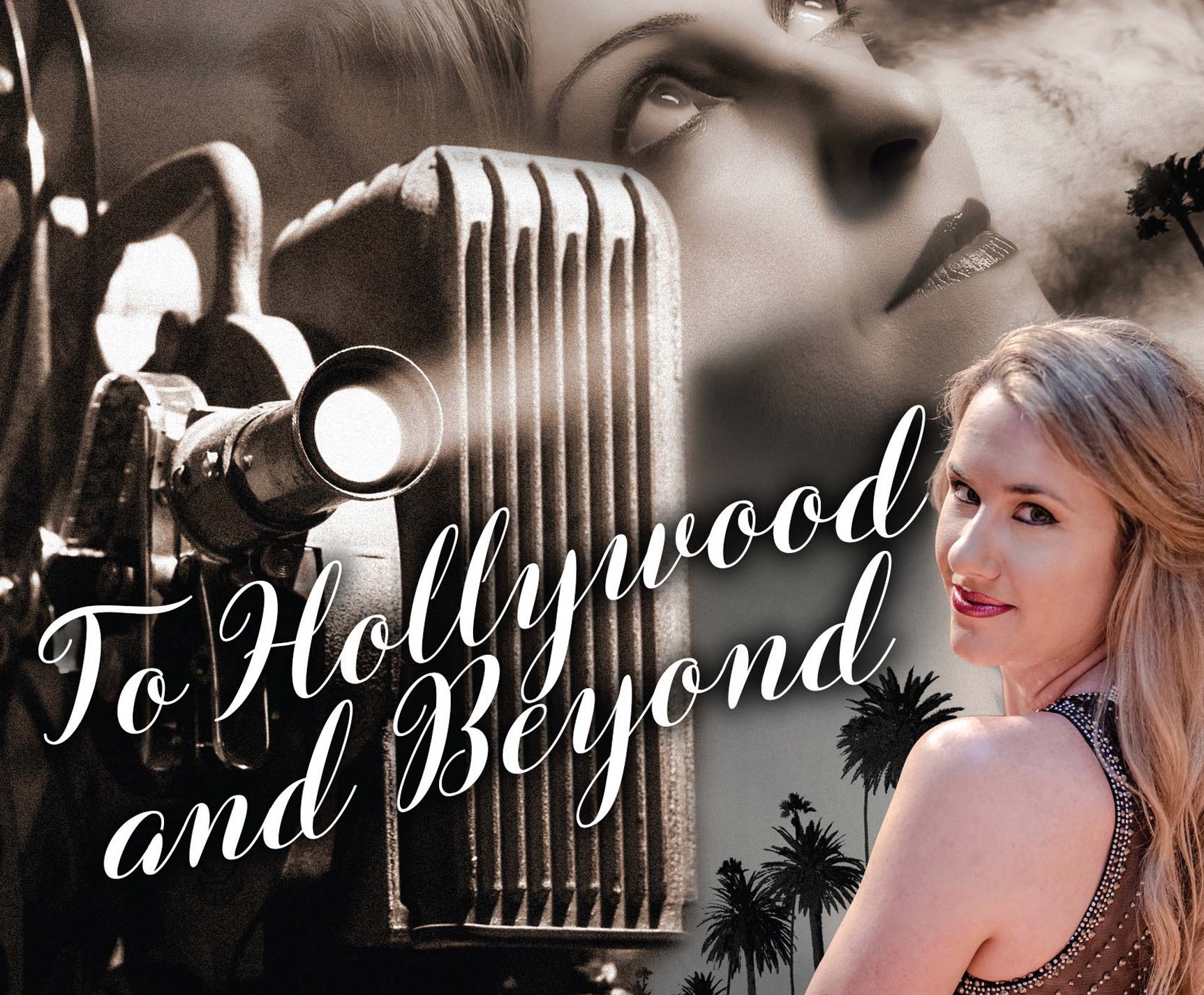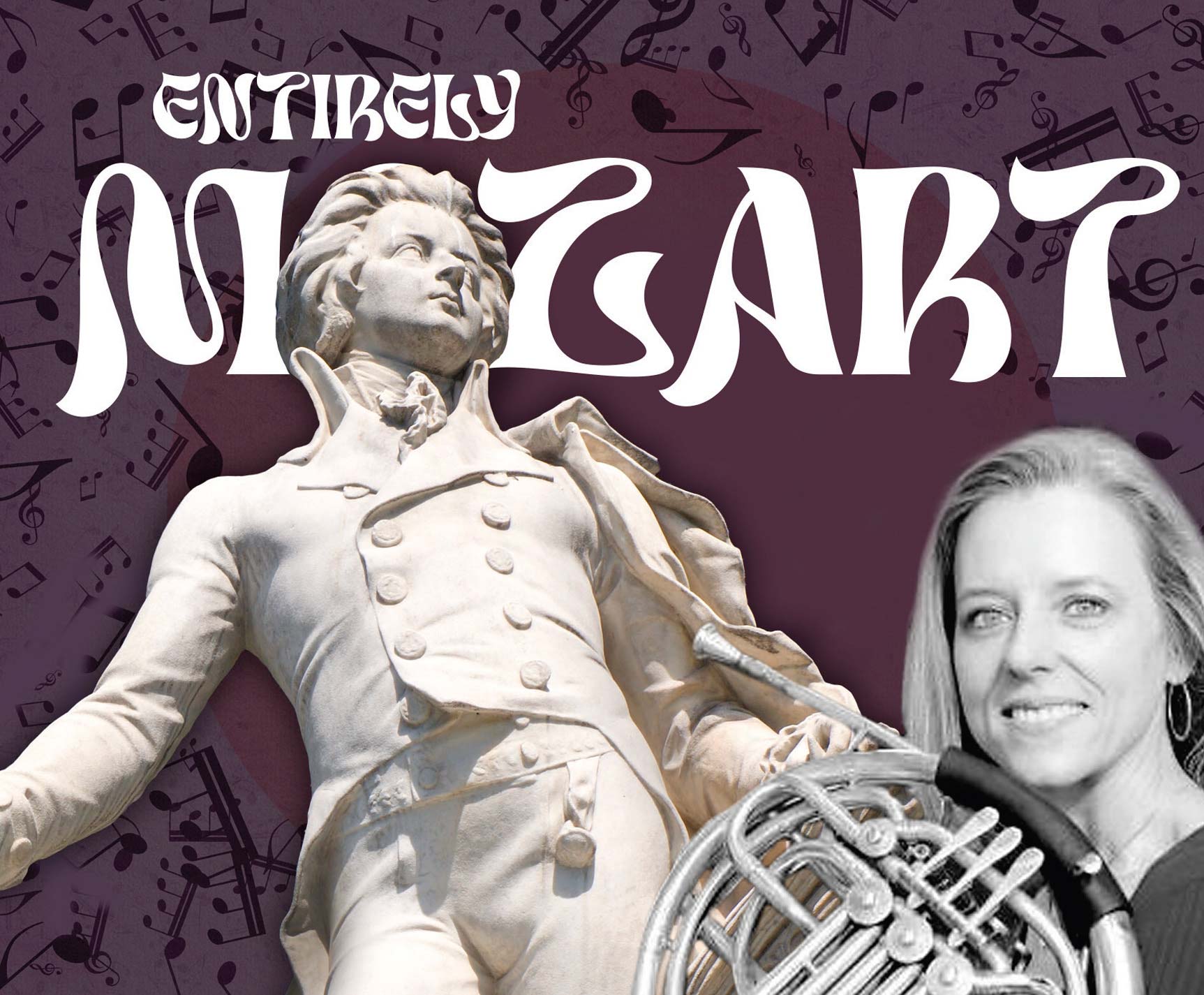Mozart High-Voltage Drama!
Mozart was a fast worker. In the summer of 1788, he wrote his final three symphonies—each one a monument of classical style. His 40th symphony, the middle of those three, is one of only two symphonies in his entire output of 41 that is in a minor key—that is under 5% minor. Amazing.
The minor key gives the Symphony an unusual sense of humanity, drama, and emotional scope.
In the requisite four movements, the piece begins, unlike the 39th, without an introduction—but instead with an anxious string accompaniment which soon backs up a restless theme filled with unresolved tension. The second movement, a respite from the minor key drama, shows Mozart at his operatic best—beautiful tunes, and a sense of refined drama. The third movement is a minuet and trio—but it’s an un-danceable minuet—with tense overlaid rhythms. The finale starts with a classical trope called a ‘Mannheim Rocket’—quickly rising pitches outlining the main key—and serves as the main idea in the finale.
The drive and high-voltage drama of the 40th symphony are unrelenting—from the restive opening to the headlong Mannheim Rocket. Mozart seems, in this symphony, to have exchanged the empirical balance of classicism for the emotionalism and drama that would define the Romantic era. Though Mozart would not live to see the Romantic era start, let alone bloom, it is pieces like this 40th Symphony that set the stage for it. Its overt emotionalism and its stormy drama make it stand out amongst Mozart’s, and his contemporaries, symphonic output.
Last month we played Schumann—a Romantic embracing classical values. This time, we play a Classicist embracing—and helping define—Romantic ones.
Come Hear Mozart’s Symphony No. 40 Live!
March 14 in Palm Beach Gardens, March 15 in Vero Beach and March 16 in Stuart.
https://vimeo.com/259753966



